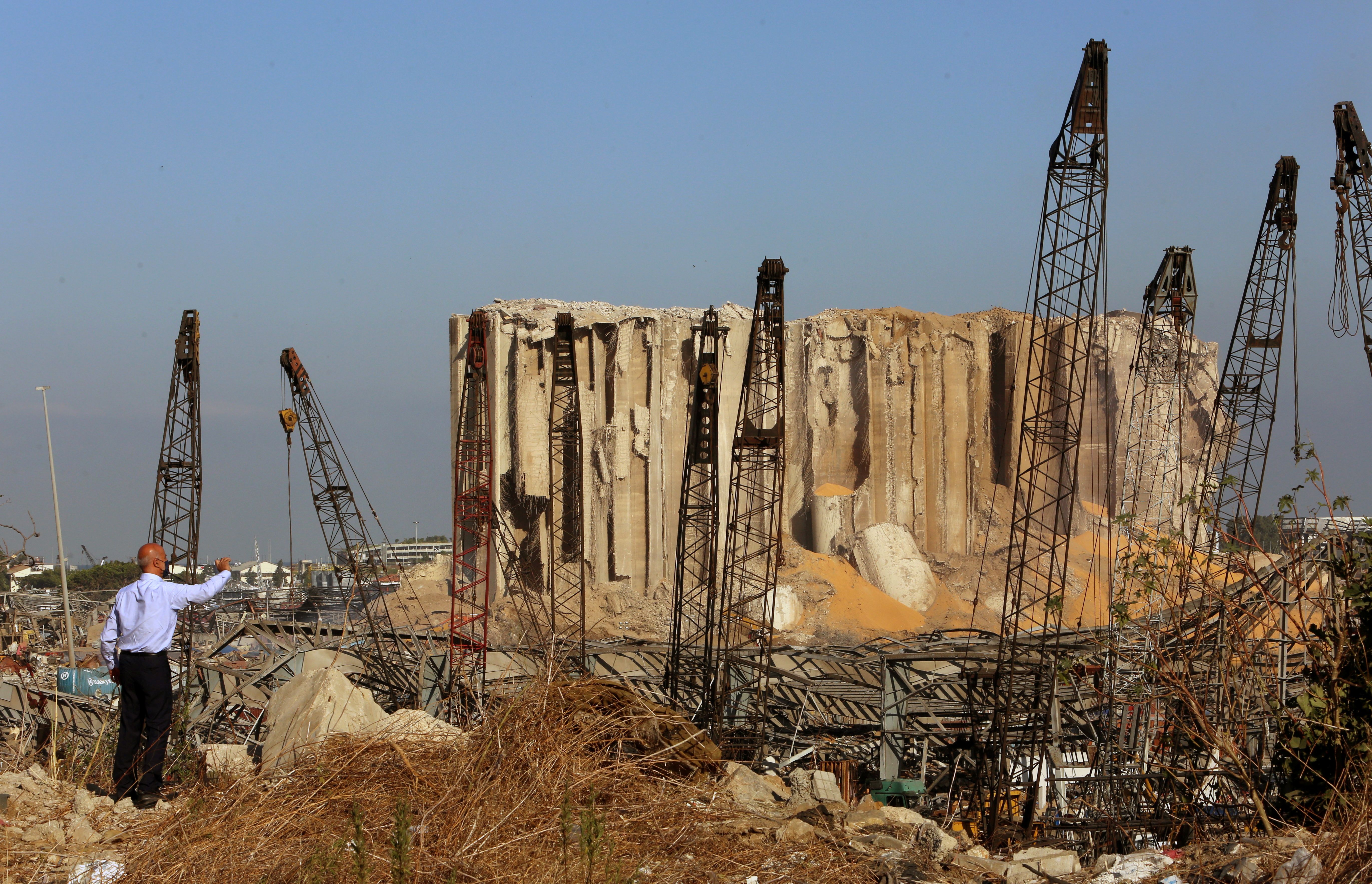Lebanon’s Economy in Ruins: Consequences of the Beirut Port Explosion

What caused the explosion and what are its direct effects?
The explosion took place in port warehouses, where 2,700 tonnes of ammonium nitrate (a substance that serves as a fertilizer or a component of explosives) was stored. It was unloaded in Beirut in 2013 from a ship that had suffered damage on its way from Georgia to Mozambique. The explosion killed at least 154 people, and approx. 5,000 were injured. Residential buildings, three hospitals and silos near the port were also destroyed. This threatens Lebanon’s food security, as the country imports 80% of its food from abroad. Marwan Abbud, Beirut’s governor, estimated the losses at around $15 billion. France, the United Kingdom, Australia, Russia, Canada and Poland offered help in the rescue operation.
What was the significance of the port of Beirut to the Lebanese economy?
The port of Beirut was crucial to the Lebanese economy. Its significance has increased in particular since the start of the Syrian war in 2011, which restricted land transport of goods to Lebanon. In 2018, it received about 7.05 million tonnes of goods, and exports through the port amounted to almost one million tonnes, which accounted for 78% of the country’s total exports. The port was also key to transporting medical supplies used to fight the COVID-19 pandemic. Port warehouses, where food, medicines and medical equipment were stored, were also important for the economy of Lebanon. Authorities said they would move most of Lebanese exports and imports to Tripoli in the north of the country, which has a port that is twice the size of that in Beirut. They will also evaluate port capacity at Sidon and Tire.
What is the political and economic context of the event?
In Lebanon, anti-government protests related to the deteriorating economic situation of the country have been underway since October 2019. The previous prime minister, Sad al-Hariri, resigned as a result, and in December last year Hasan Diab replaced him. However, due to the lack of improvement in the living conditions (the value of the Lebanese pound has fallen by about 80% since the start of the protests, and access to electricity lasts approx. three hours a day), he did not receive citizens’ support. In addition, the situation was worsened by the COVID-19 pandemic, which deepened the economic crisis as restrictions in the tourism sector, which accounts for 7% of Lebanon’s GDP, resulted in approximately 17,000 people losing their jobs. In July, talks with the International Monetary Fund regarding a loan of approximately $10 million stalled due to U.S. objections.
How could the explosion affect Lebanon’s stability?
The day after the explosion, reports emerged that the head of the customs office had repeatedly sent letters to a Lebanese court warning about the dangers of storing explosive material in the port and asking for a way to remove them. Years of government negligence in this matter, revealed by the tragedy, will deepen the public’s distrust of the political elite and increase destabilisation of the state. It is possible that protests calling for early elections will resume. The criticism of Hezbollah, a party linked to Iran and dominant in the government, is likely to increase as well, due to the alleged storage of weapons for its militias in the port. It will be further aggravated by the verdict of the UN Special Tribunal for Lebanon on 18 August, regarding four members of Hezbollah accused of the murder of the former Lebanese prime minister Rafik al-Hariri.
What could the explosion mean for Lebanon’s foreign policy?
In response to the tragedy, the international community has shown readiness to support the reconstruction of Beirut. However, statements by French President Emmanuel Macron during his visit to the city indicate that the fight against corruption as well as political and economic reforms remain the key to disbursing the aid declared to Lebanon by, among others, France, the United States, and Saudi Arabia at the CEDRE conference in 2018. Symbolic gestures by Israel, which offered medical assistance and projected an image of the Lebanese flag onto Tel Aviv city hall, may temporarily reduce tensions between states, but will not change the hostile nature of their relations in the long run. The deepening of the economic crisis may increase Lebanon’s dependence on its most important foreign partners, such as the United States, Saudi Arabia and Iran.


